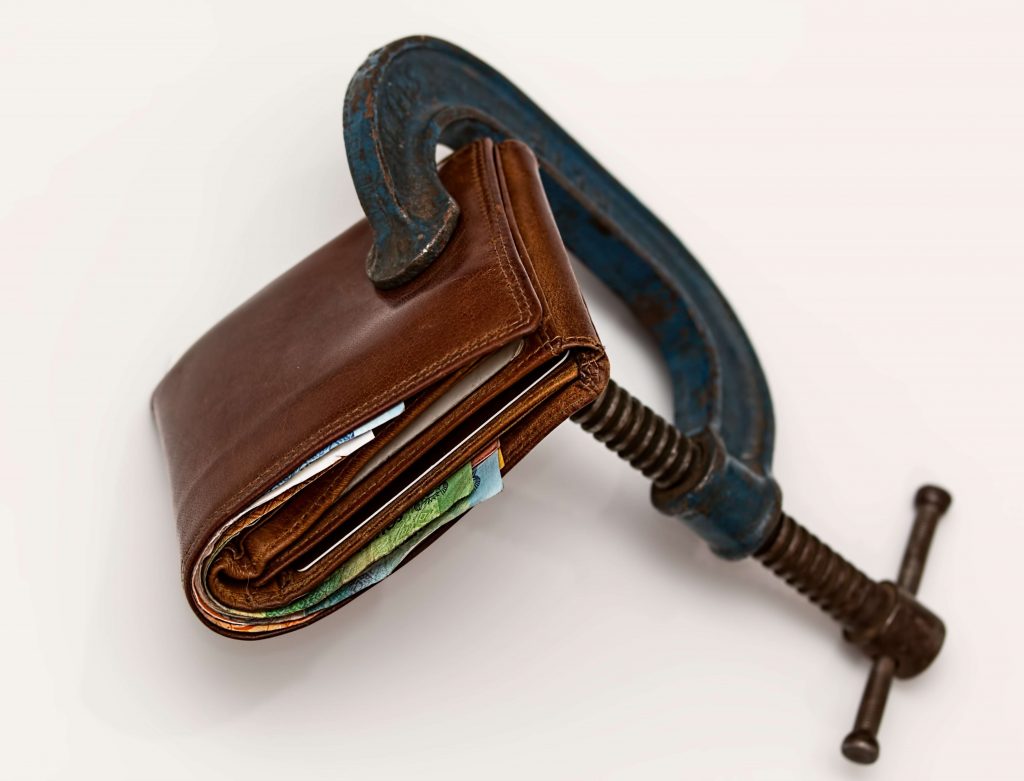
Those considering Chapter 7 or Chapter 13 bankruptcy need to be apprised of the consequences of filing bankruptcy.
Just as with any legal process, individuals contemplating filing bankruptcy should consider all the possible positive and negative consequences before jumping head first into the bankruptcy pool. Whether you are considering a straight Chapter 7 bankruptcy or a Chapter 13 repayment, consulting a lawyer such as Brent M. Myer, PLLC, will be paramount to ensuring the process not only runs smoothly but also as advantageously as possible.
Automatic Stay
Let’s first begin the positives of filing bankruptcy. An automatic stay goes into effect when your bankruptcy case is filed. The automatic stay prevents your creditors from attempting to collect on debts during the entire bankruptcy proceeding. So creditors may not contact you by phone or mail while the case is pending. Also, any wage or bank garnishments stop upon filing of the case. Lastly, any pending lawsuits against you stop.
Discharge
The discharge is another positive. The discharge relieves you of the personal liability for your debts. Meaning you are no longer responsible for paying the debts. The discharge makes the automatic stay permanent. You don’t have any obligation to pay the debt and the creditor cannot collect on the debt.
There are exceptions to the discharge. Certain tax liabilities, student loans, alimony and child support are not discharged in bankruptcy.
In addition, the discharge does not extend to real estate property. This means that any liens that a home loan lender may have on your home will still remain in effect after bankruptcy. Consequently, these lenders may still foreclose on your property if you default on the loan.
Credit Score
While filing for bankruptcy does negatively effect one’s credit score, the net effect on credit scores is typically positive. This initial impact can seem like a legitimate concern, however, individuals can slowly rebuild their credit over a period of time. This will ultimately boost your credit score to higher than pre-bankruptcy levels.
Possible Loss Of Property
There may be a chance of losing property to the bankruptcy trustee in a bankruptcy case. However, you may be able to successfully exempt your property from the bankruptcy process, meaning the trustee will not be able to sell your home and/or property. An experienced bankruptcy attorney can advise you whether your property would be subject to liquidation in a Chapter 7 bankruptcy.
Disclaimer
This information is not meant to be suggestive but rather informative. At the Law Office of Brent M. Myer, PLLC, we believe in full transparency of not only the possible positive but negative consequences of filing for bankruptcy. Not every bankruptcy case is as cut and dry as the above information.
To find out what consequences, positive or negative you may face in your bankruptcy process, we recommend speaking with a lawyer such as Brent M. Myer, PLLC. We offer free consultations to individuals considering bankruptcy. Call today to schedule yours and get ready to begin your financial restart.